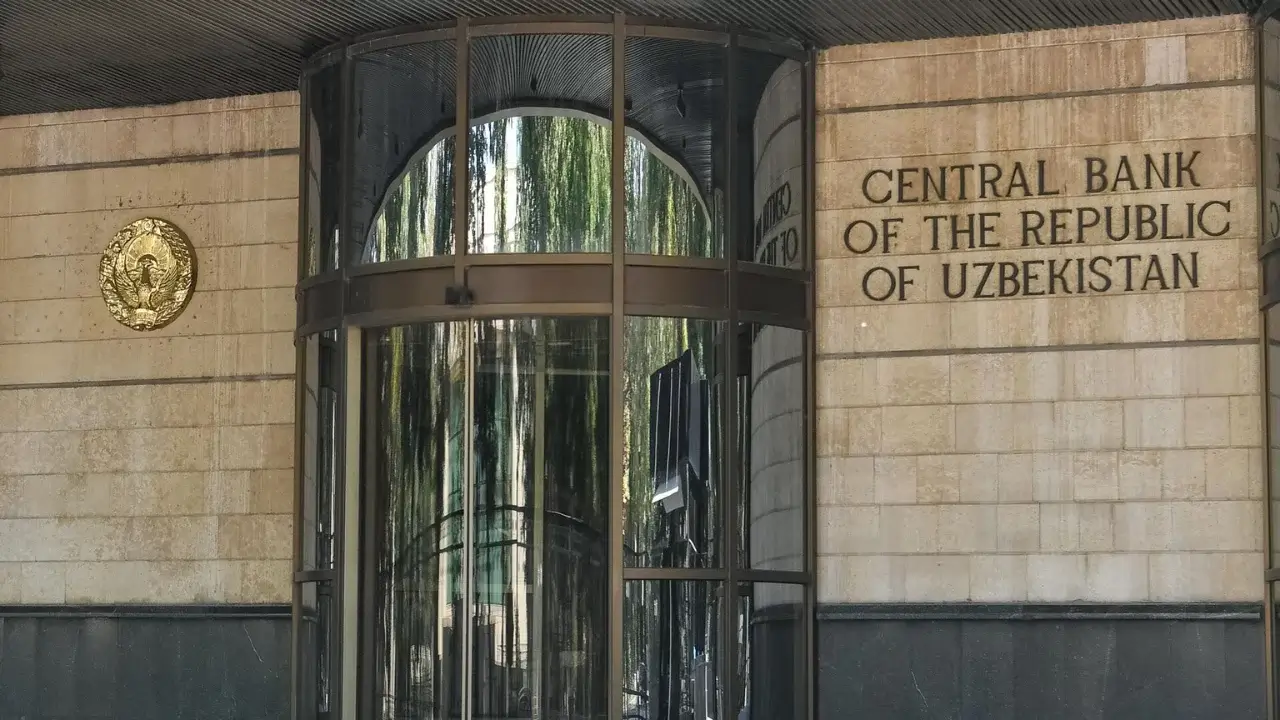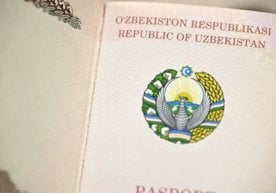Distracting phrases like "0%," "free," "suitable for everyone" are prohibited in ads

The Central Bank of Uzbekistan has submitted for public discussion a draft Code of Ethics regulating the relations of credit market participants. Based on the project, the "Trust Sign" system will be implemented through the FinTech Association. This sign indicates that credit services are legally and transparently implemented and allows clients to more easily determine the reliability of organizations.
According to the new rules, each credit institution is obliged to provide complete information on its official website about the types of products, payment procedures, commissions, and fines. Also, misleading phrases such as "0%," "free," "suitable for everyone" are prohibited in advertising. Clients will be notified of the annual interest rate (APR), total payment amount, and consequences of the delay before concluding the contract.
Loans are provided only to citizens over 18 years of age, with an initial limit of 2 million soums. If the client wants to increase the limit, their debt burden should not exceed 50 percent. All interest and fees should not exceed half of the loan amount per year. Illegal methods, such as threats or pressure, are prohibited when collecting debt. At the same time, it is planned to create departments for biometric registration against fraud, information and cybersecurity.
Economist Otabek Bakirov criticizes this mechanism. In his opinion, the code could effectively transfer market control to a private non-governmental organization - the FinTech Association. Bakirov also criticized the membership fee associated with the obligation to receive a badge of trust (12 million soums or $1,200) and FinTech's maintenance of the register of human market participants.
The expert emphasizes that such a mechanism contradicts competition and can lead to artificial concentration in the credit market. If control is transferred to a private organization, there is a possibility that it will become an illegal regulator. Bakirov also criticized the incomplete publication of the text of the proposed code and noted that if the membership obligation is removed, the document can be adopted in accordance with the goal.
According to the Central Bank, proposals and objections to the code are being received from the public.
Read “Zamin” on Telegram!





















